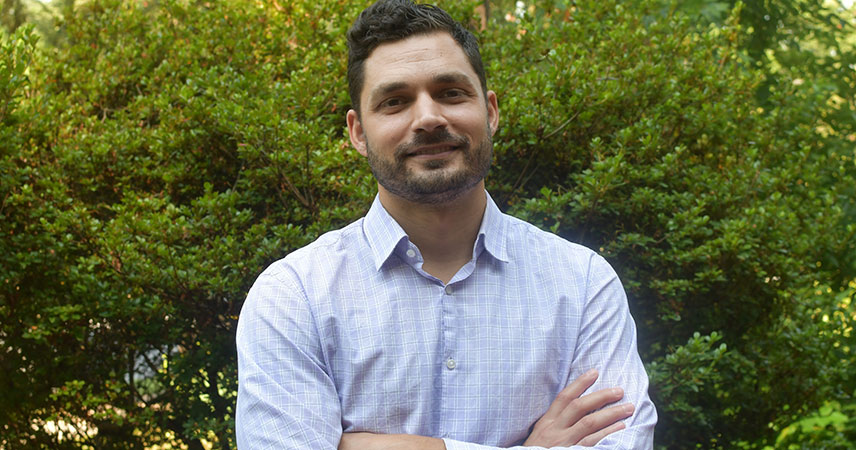Interview
‘Our behaviour is not always rational’

Mr Karver, what’s behind behavioural insights, or BI for short?
The way that we describe BI at the World Bank is as a framework to study how individuals think, act and interact. It focuses on the role of ideas and mindsets in whether or not people take action, because our behaviour is not always rational, even if we have the necessary resources or the conditions are right. For example, how and why do we decide which food to purchase at the grocery store or whether to pay all – or just some – of our taxes?
So it is more of a holistic approach?
Exactly, a holistic framework for understanding how individuals decide and act in unique contexts. That may depend on the individual’s gender, age or culture or on social and ‘worldview’ approaches and ‘automatic’ reactions. For example, we tend to place more value on (avoiding) losses than we do on equivalent gains. All these factors are taken into account in designing solutions.
Why is BI so interesting for development cooperation?
BI involves gathering and analysing facts. The diagnosis is used to devise innovative strategies. The interventions are continually monitored and adjusted. Sometimes it’s enough to make a minor change to achieve a better result. This approach has proved to be very cost-effective.
But it sounds like it involves more work to start with?
People often think that BI is time-consuming and labour-intensive, but this isn’t the case. The type of evidence generated by our exercises tends to be agile, validating or rejecting hypotheses in a very short time frame and helping to adapt the approach. We need to invest a little time to begin with, but that pays off.
What did you take away from the Kosovo project?
The Tax Administration of Kosovo was eager to explore new solutions to encourage tax compliance among the general public. They were willing and able to facilitate every aspect of the project and were very interested in learning about the BI approach, so collaboration with the World Bank team in Kosovo came at just the right moment. The mutual trust GIZ built over years with the tax administration served to strengthen the project throughout its lifecycle, effectively acting as the backbone of the work.
How would you sum up your experience of working with GIZ?
Working with GIZ in this context spoiled me, in more ways than one: the passion, dedication, cordiality and responsiveness of the colleagues made the incorporation of the behavioural approach into the tax administration much easier than I have experienced in any other contexts. Through GIZ, accessibility of tax administration staff and leadership was flawless, which made collaboration on the design and implementation of the project incredibly smooth. At the same time, the tax administration acquired knowledge and skills related to BI. That’s an important aspect, because we always hope that at the end of our engagement, the clients will also ‘think and act behaviourally’.
akzente 11/2021
